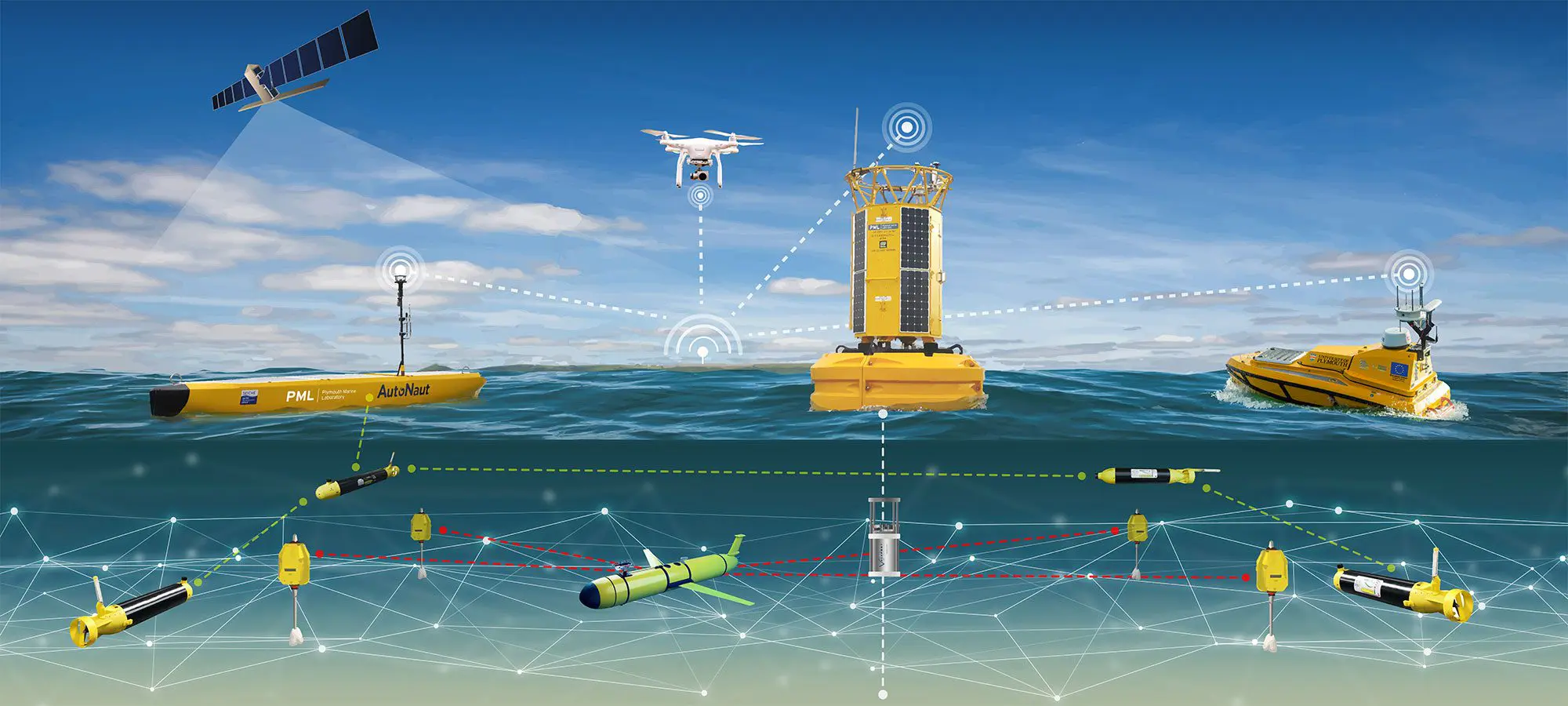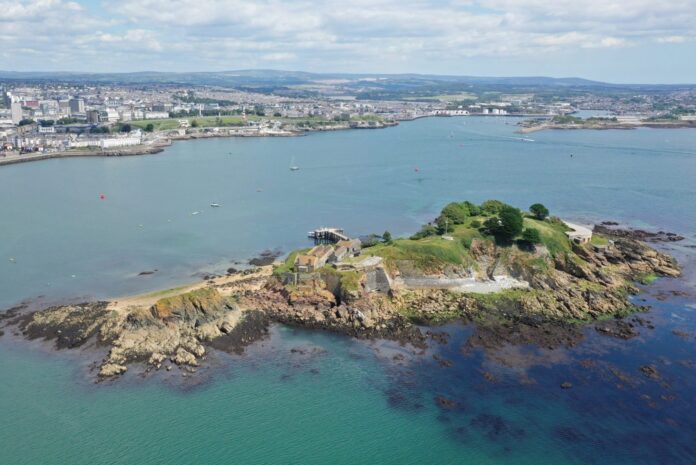Vodafone and Nokia have deployed a private LTE and 5G network to underpin “the world’s first marine-focused 5G testbed” in the UK port city of Plymouth, on the Devon coast. The new installation – “deployed by Vodafone in partnership with Nokia” – is located in the Plymouth Sound National Marine Park, billed as “the first marine park in the UK”, as part of the park’s Smart Sound Plymouth marine-tech proving ground.
It will be used to connect various IoT sensors, marine vessels (including autonomous vehicles), and research equipment to drive innovation in the maritime and marine sectors.

It has been organised by Plymouth City Council and Plymouth Marine Laboratory, a non-profit specialist in marine research; the latter will also manage the network via remote operations centres at its own premises in the city centre and at Oceansgate, a new innovation hub in the city for marine industries. The £1.8 million testbed, which goes under the name Smart Sound Connect, is funded by the Heart of the South West Local Enterprise Partnership.
The network features five mobile sites along Plymouth Sound, the inlet in the English Channel around which the city of Plymouth has developed; these include a radio mast on a fort from the Revolutionary Wars with France in the 1800s. The network will be available for free to businesses, academics and government organisations to use for testing and research on and under the waters of Plymouth Sound.
The Smart Sound proving ground, opened in 2006, covers research facilities at Plymouth Marine Laboratory’s Western Channel Observatory and the University of Plymouth’s Marine Station, among others; it has received funding for, equipment, and personnel from the Marine Business Technology Centre (MBTC), by way of the European Regional Development Fund (ERDF), led by Plymouth City Council and research partners.
It has supported nearly 400 businesses since 2018, according to a press statement. Smart Sound Connect incorporates a “private 4G/5G marine network” from Vodafone and Nokia to provide full coverage across the coastal proving grounds, with offshore connectivity delivered via a (Wave Relay) mesh network from UK-based Steatite, which specialises in industrial mobile ad-hoc networking (MANET), anywhere between 30MHz and 60GHz.
Offshore coverage at Plymouth Sound extends to 20 miles, according to a release. The project’s first 5G trialists include Lloyds Register and the National Physical Laboratory, which will jointly-lead the new Marine Assured Autonomy Testbed (MAAT) to create a “fully synthetic and virtualized” digital-twin environment to test, prove and assure “marine autonomy scenarios”.
This goes with the international Requirements for Operational Assurance of Data Standards (ROADS) programme to develop digital standards and measurements (“certification and classification”) for autonomous marine vehicles. The site will also host the Bounty Project, an educational programme that will make use of sensor and video streams from a replica of the Bounty ship used in the UK television series Mutiny in schools and colleges.
James Fishwick, head of Smart Sound, said: “The 5G network… will allow our integrated fleet of autonomous platforms – which include state-of-the-art data buoys and robotic vessels loaded with environmental sensors – to communicate the unprecedented levels of ocean data they are able to capture in real-time. This will support further advances in high-tech marine innovation while also informing the scientific research being carried out in Plymouth.”
Councillor Mark Shayer, deputy leader of Plymouth City Council, said: “Smart Sound Connect is cutting edge technology and represents the culmination of more than a decade of development in Plymouth – it’s fantastic to see this come to fruition. As a port city, Plymouth’s success has long been entwined with the ocean and we’re now… offering cutting edge research and development facilities that will accelerate change in the industry.”
Nick Gliddon, business director at Vodafone UK, said: “Smart Sound Connect is using cutting edge innovation to accelerate developments in marine technology through 5G. The 5G mobile private network will allow companies to test and develop new ideas and use cases beyond the shore’s edge, in a way that was not previously possible. Plymouth is helping the UK to become a global leader in this field.”

